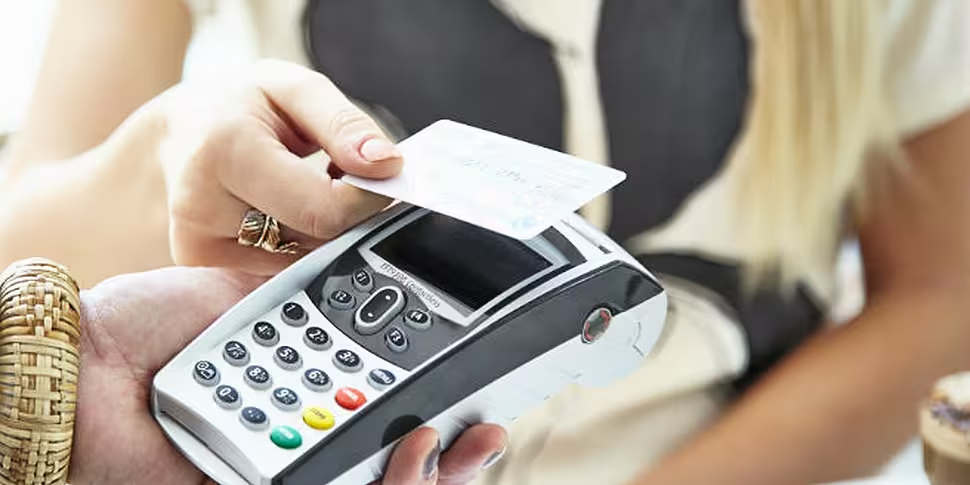Over half of Irish consumers believe Ireland will become a cashless society in the future, according to a new survey from Core Media.
It is expected that mobile and peer-to-peer transactions will lead the way, with nearly half of under-35s having already used these kinds of payment methods on their smartphones.
Google introduced its own Android Pay system in Ireland in December. Apple is thought to be primed to introduce its own system into the Irish market, with Samsung Pay possibly arriving in 2017.
Core Media's group strategy director Shane Doyle told Breakfast Business that the country is experiencing an "unprecedented level of change in the development of fintech and new practices like peer-to-peer money and digital wallets... That sort of technology is changing how people think of money."
Doyle confirmed that "the older a person is generally, the less comfortable they are with sharing their financial data and their social data."
To back that up, the study found that 59% of people above the age of 21 are not open to sharing their financial and social data, with the figure dropping to 38% below that age.
Despite this, 60% of people across the board think a cashless society is inevitable. Not only that, 77% of people across the board said they were comfortable with and trusting of tech companies such as Google and Facebook developing payment technologies, as opposed to traditional banks.
"People are more open to a more cashless society than we might think," Doyle said.

It is, however, Generation Z (born in 1995 or more recently) that are bringing the real sea change.
"They are the most open to sharing their data," said Doyle. "They have grown up completely in social media and they have grown up with their data being shared, but also they don't actually have that much access to money at the moment.
"What's interesting because of the implications of this is that the eldest of Generation Z that are now 21 are starting to enter employment, which means they're starting to earn a bit more.
"So their practices are likely to become the dominant practices as we go forward."
Millennials are much vaunted as being "digital natives" but it is their younger siblings that are more immersed in the online world.
"Actually if you look at the generation coming behind them, they're the first true digital natives. They didn't see Facebook coming online, they didn't see mobile phones and smartphones – they were already there. So, for them, it's their entire world, so anything that's more seamless ... in terms of transacting, is going to make sense to them because it's what they're used to in terms of communicating and looking at content."









